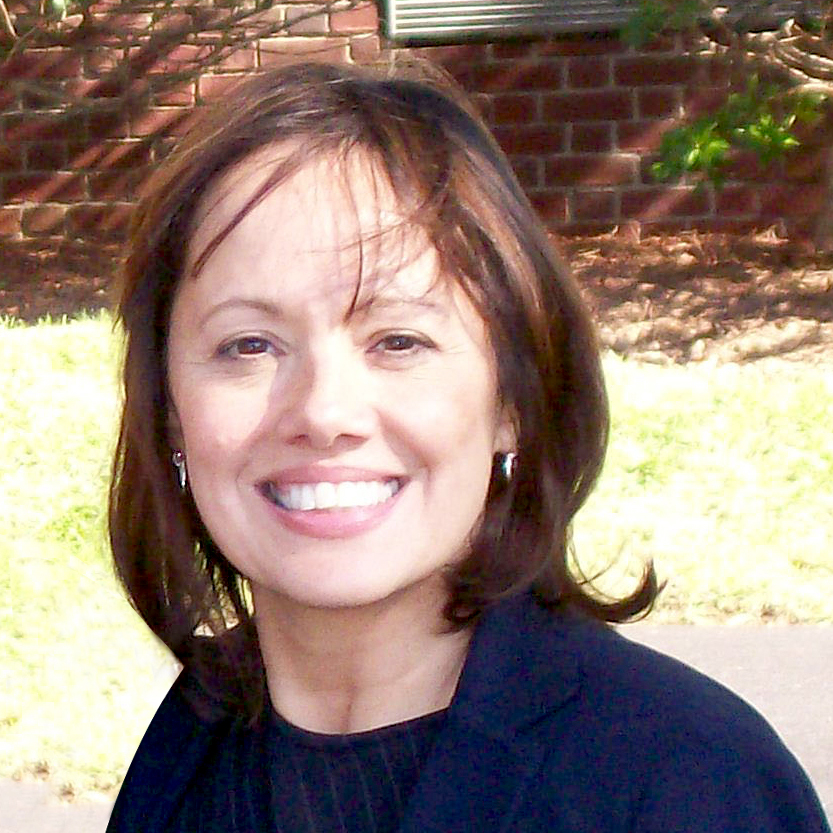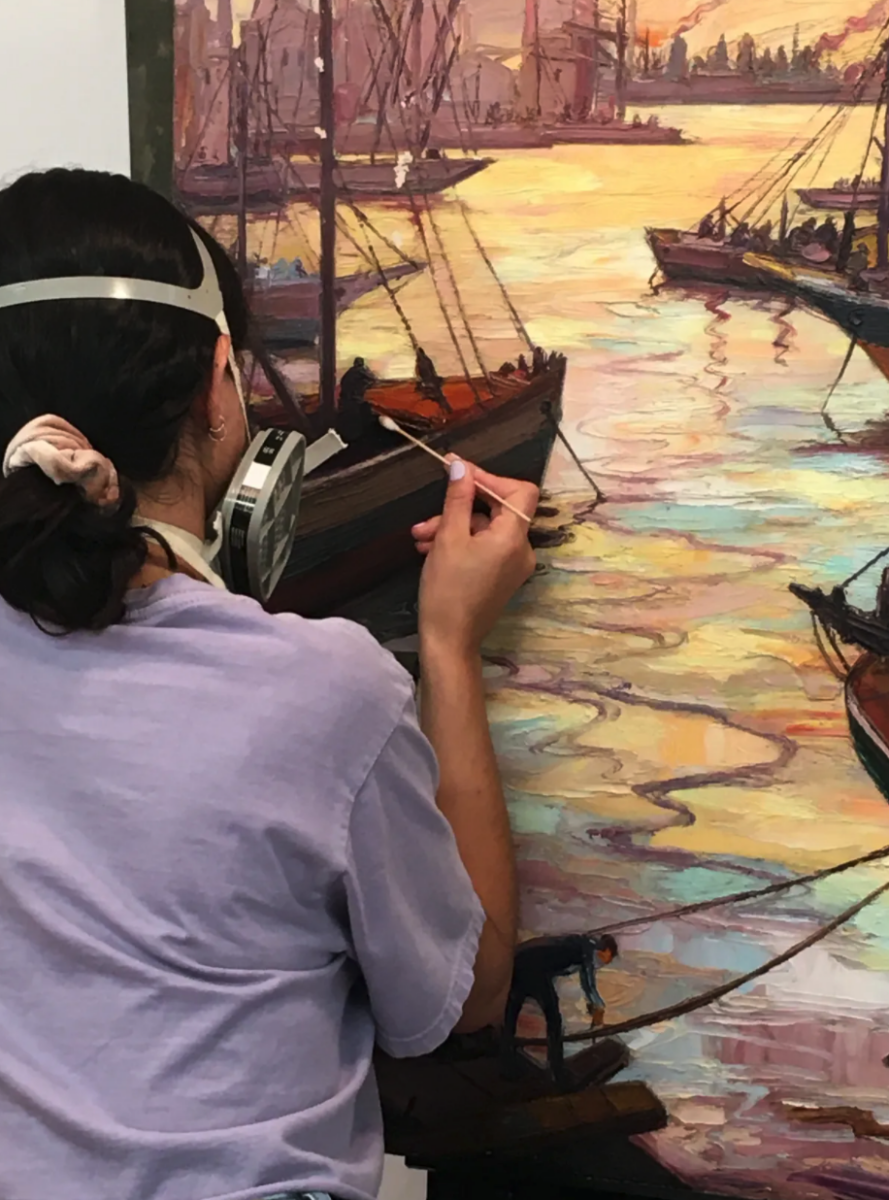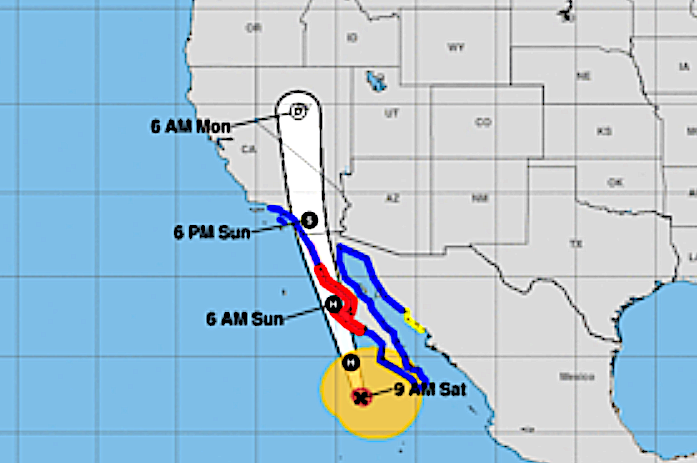
A loved one suffering from dementia poses many concerns for their caregivers. Many of them are practical matters, but ethical dilemmas also abound.
Dr. Linda Carozza, the director of communication sciences and disorders at Pace University’s College of Health Professions and clinical assistant professor in the Department of Rehabilitation Medicine at NYU Grossman School of Medicine, recently gave a presentation on the thorny issues pertaining to care for those afflicted. The event was hosted by Wartburg, the Mount Vernon-based nonprofit nursing facility focused on Alzheimer’s and dementia care.
Carozza was introduced by Wartburg President and CEO David J. Gentner, who noted that as a clinician with extensive experience in neurogenic communications disorders Carozza’s research was particularly relevant to the Wartburg employees who comprised the majority of the audience.
“Dr. Carozza’s research reported on the breakdown of language retrieval in individuals with dementia of the Alzheimer’s type,” he said. “Her study demonstrated that retrieval mechanisms on a brain level basis were impaired in the earliest disease stages.”
“This topic resonated with me with my own experiences in my family,” Carozza told the audience. “With being caregiver to my mother and working through that stage of life with her I was able to see her going through the dementing process, particularly via the loss of language abilities and word finding and orientation and the items that we do see within our families and our clients if you are a caregiver.”

In addition to her personal experience, Carozza noted that she is both a researcher and clinician who placed an emphasis on using each skill set to inform the other.
“I sit side-by-side with somebody. I interview them. I see their reaction, they see my reaction. It’s much more collaborative and in person,” Carozza said, depicting it as a useful compliment to her extensive research based on data sets. “We need both because one is incomplete without the other. The one-to-one needs the background and the large research study needs the personal attention of individuals working directly with folks that have a dementia diagnosis.”
Carozza also discussed her experience dealing with her mother’s dementia, which worsened after a stroke. She published a study on the work she did with her mother after the stroke removed her ability to eat and swallow.
“I’ll never forget that day when I went to the unit and they explained to me that she was going into hospice because she no longer could eat orally and they were not considering any other means of nutrition,” Carozza recalled. “As a speech pathologist I asked them for consideration to give me time to do some oral feeds and external evaluation, and after a period of three months Mom had tubes and oral feeds and the director of the center explained to me that she was indeed gaining weight. She had returned to her prior level of function, [but] she was not cured , she had dementia, but she was not in her final stages. She stayed like that for three years.”
According to Carozza, declining language ability is often one of the first signs of the onset of dementia. She also cited statistics that while Alzheimer’s cannot currently be confirmed without a post-mortem tissue sample, it is believed that 60% to 70% of dementia cases result from the disease.
However, she said that effectively treating underlying conditions such as depression or pharmacological interactions could alleviate symptoms, resulting in a “reversible dementia” which responds to treatment. Concentrating on those early signs tied to language ability and skills is also key, because it is one of the most effective ways of ensuring the autonomy of the afflicted.
“One of the main principles in ethics in medicine is autonomy, or the role of the self in decision making,” Carozza said. “In medical ethics autonomy is considered a fundamental principle. Autonomy’s important for everybody, younger and older.”
Carozza offered a detailed analysis of the findings from a Norwegian case study which featured intensive interviews of 27 people in nine cases revolving around dementia patients.
“The authors promote some strategies by which people with dementia may be involved in their decision making in their own care,” Carozza explained. “That will lead to better outcomes for them, their families, and society as well.”
“As you may know there is a dearth of nursing home construction,” she continued, noting that there is need for similar studies in the U.S. where the lack of institutional support makes the financial aspect of care a more urgent matter. “If people can stay at home longer that may be of worth to the family, the community, and us as taxpayers and part of society at large.”
“The main controversy is the ethical dilemma of balancing autonomy with their safety and well-being,” Carozza said, walking the audience through several scenarios where the ethical issues came to the forefront.
In one situation, a patient injured his wife after she had repeatedly told him small lies about taking him to a care center, and Carozza emphasized that while the reaction of the patient was unacceptable it was also understandable since he was still in the early stages of the disease. Even if the disease were more advanced, it is normal for people to be upset when they realize they have been lied to, but a person suffering from dementia is even more likely to have a strong reaction.
Carozza repeatedly underscored the value of collaborative decision making, although acknowledged that there were cases where the previously stated wishes of a patient might conflict with their present wants. There were few cut and dry cases in the studies she cited, but she urged the attendees to consider not only their reactions to them as caregivers, but also as patients, and to remember that people are being dealt with at every step of the process.





















